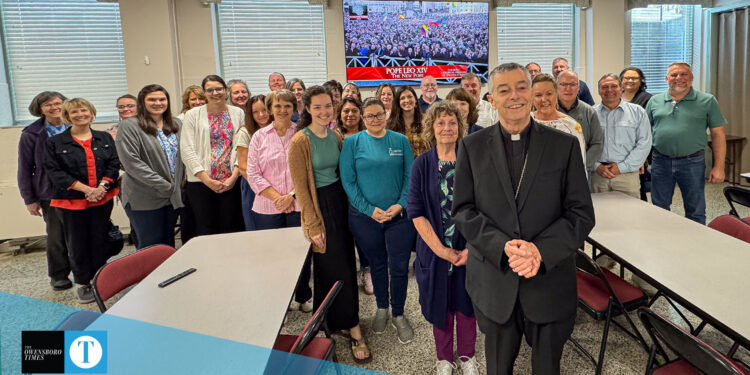On Wednesday, members of the House Committee on Judiciary unanimously approved House Bill 2, legislation aimed at aiding victims of human trafficking and strengthening the ability to prosecute traffickers. The bill is sponsored by House Majority Caucus Chair Suzanne Miles of Owensboro.
Additionally, HB 2 requires signage that includes the National Human Trafficking Resource Center hotline phone number and additional information for victims of human trafficking. These signs will be placed in public restrooms at airports, bus stops, train stations and truck stops.
“HB 2 is the result of a collaborative effort with Attorney General Daniel Cameron and other stakeholders to provide common-sense solutions to human trafficking,” Miles said. “I believe we have an education issue in our state, that people not only don’t understand how many forms human trafficking can take, not are they aware of the resources available to victims. HB 2 is the first step in addressing these challenges.”
Human trafficking involves the use of force, fraud or coercion to obtain some commercial sex or labor act. Traffickers may use violence, manipulation or false promises of well-paying jobs or romantic relationships to lure victims into trafficking situations.
Even more, a press release from the Republic House Caucus provides details as to why Kentucky, in particular, is a hotspot for human trafficking, calling the Commonwealth a “convenient and centralized hub because of Kentucky’s interstate system and central location” for the act to take place.
Miles said HB 2 also closes a loophole in how human trafficking offenders are treated in relation to the sex offender registry and provides greater support to law enforcement and prosecutors working human trafficking cases.
“Those convicted of trafficking adults for the purpose of commercial sex (including prostitution) will be added to the Sex Offender Registry under language included in HB 2,” the release states. “Currently, only those who take advantage of children in this manner are added to the registry.”
Every year, millions of men, women and children are trafficked worldwide. It can happen in any community, and victims can be any age, race, gender or nationality.



